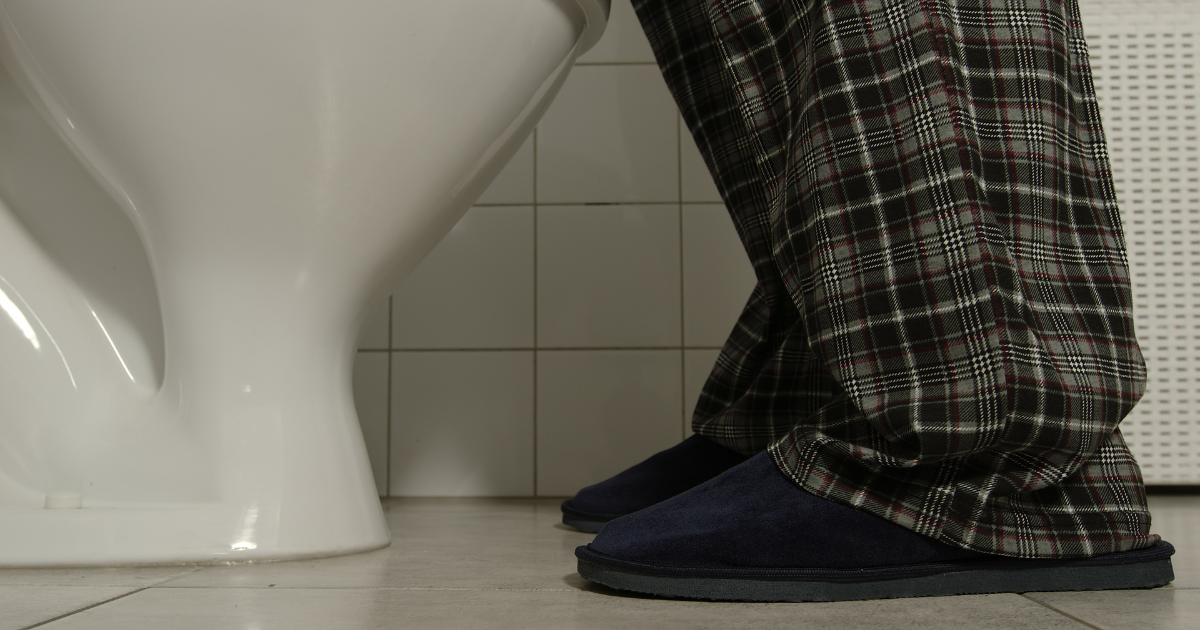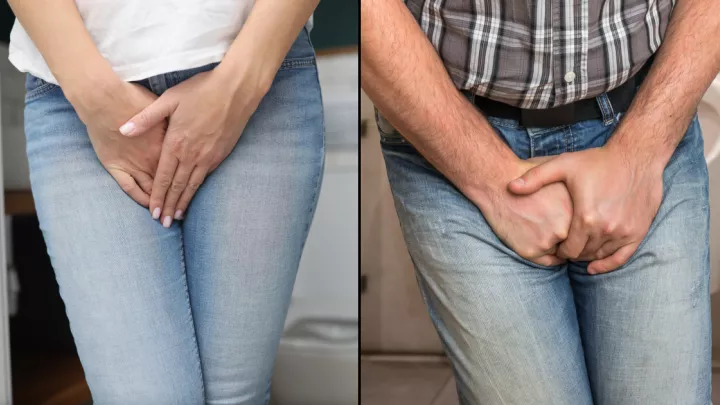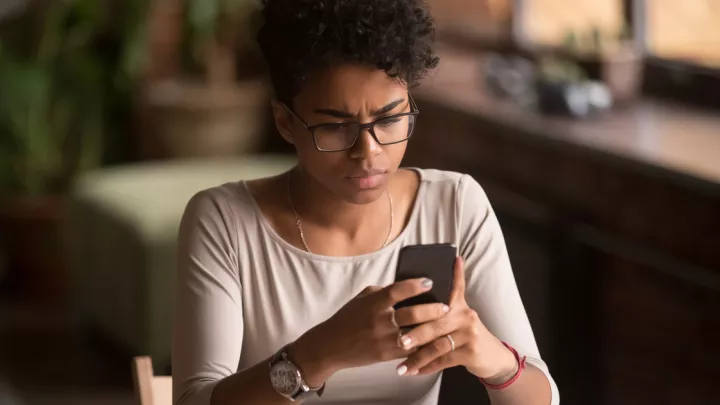You asked, we answered: Why do I get up to pee every night?

Question:
I wake up every night at the same time and have to pee. I always stop drinking fluids a few hours before bed, but it still happens. Is this normal?
Answered by certified family medicine nurse practitioner Nancy Childe, APRN-NP:
You're not alone if you’re getting up at night to pee. It might be comforting to know that 50% of all adults over the age of 50 experience nocturia.
Nocturia is the need to get up to urinate two or more times at night. While common, it can leave you perpetually tired or, sometimes, indicate an underlying health issue.
The first thing to do is to try to figure out why it is happening, especially if it’s a sudden change. Are you feeling right, or does something feel off? Are you thirsty all the time? Do you suddenly have to run to the bathroom often in a short period?
Medical conditions that may need to be ruled out include diabetes, enlargement of the prostate, overactive bladder or urinary tract infection, sleep disorders like obstructive sleep apnea, high calcium levels, chronic kidney disease or struggles with incontinence. Certain medications, such as diuretics (water pills) and heart or diabetes medications, can also be the culprit.
If you’re experiencing nocturia:
- Stop drinking liquids two or three hours before bedtime. This includes alcohol and beverages with caffeine. For caffeinated drinks, you may need to stop much sooner.
- Empty your bladder completely immediately before climbing into bed, even if you feel like you don’t need to.
- Look into physical therapy for guidance with pelvic floor strengthening exercises, which can help strengthen the correct muscles.
- Reduce salt and sugar intake, as both are fluid retainers and may cause you to get up at night.
- Monitor how much fluid you drink and how often you get up to pee. Share this information with your doctor.
- If you can’t get back to sleep after your trip to the bathroom, try keeping the lights low and going straight back to bed. If you struggle with restless legs, talk to your doctor about it.
You may be perfectly fine if:
- It doesn't bother you that you wake up at night.
- You go right back to sleep afterward.
- You feel rested when you wake up in the morning.
- You don't have any medical concerns.
See a doctor if it:
- Causes problems with your sleep quality or keeps you from staying awake during the day.
- Causes anxiety or problems in your day-to-day life.
- Causes concern about a medication or underlying medical condition.
Find a doctor or advanced practice provider at a clinic near you. Click here to schedule a primary care appointment.






